Michigan Pathways to Better Health
Connection to Moving Health Care Upstream
The Michigan Public Health Institute serves as the anchor institution for Moving Health Care Upstream in Michigan. In partnership with the Michigan Department of Community Health (MDCH) and local community agencies, MPHI implements the Michigan Pathways to Better Health (MPBH) initiative. The goal of MPBH is to improve client health with better care at a lower cost by addressing social service needs and supporting linkages to preventive health care services.
Our Community and Our Need
MPHI acts as the anchor organization and provides services to three high-need Michigan counties: Ingham, Saginaw, and Muskegon and their adjacent geographic areas. Adult clients served by the program have Medicare or Medicaid, two or more chronic conditions, and have unmet health and social service needs (such as primary care, housing, food, and transportation). There was a focus on outreach to clients who had multiple emergency department visits or inpatient hospitalizations. These clients were redirected to primary care to keep their chronic condition under control and prevent acute exacerbations that require hospitalization.
Our Solutions and Our Community Partners
Each community has a “HUB,” a neutral, central point of entry that links participants with needed community services. Community HUBs for MPBH include Ingham Health Plan Corporation, Saginaw County Community Mental Health Authority, and Muskegon Community Health Project. Each HUB conducts outreach, accepts referrals, determines client eligibility, and enrolls and assigns clients to a Care Coordination Agency (CCA). CCAs deploy and manage a team of Community Health Workers (CHWs) that receive assignments from the HUB. Each HUB had a unique mix of CCAs depending on their community. CCAs included FQHCs, hospital systems, senior services, homeless shelters, substance abuse facilities, and other community organizations.
Clients receive monthly home visits from CHWs who administer a checklist to identify needs, assess progress, solve barriers, promote a relationship with a primary care clinician, and provide education and support. The checklist responses trigger Pathways (i.e., protocols for resolving needs) and the CHW and client work together to achieve the client’s health goals.
To improve financial sustainability, a payment model ties reimbursement to intermediate and final outcomes. The web-accessible data system, MiPathways, was developed for record keeping. Payment for a service or outcome is not made until documentation in MiPathways shows the CHW has verified the client’s need has been met (the appointment was kept, the food was obtained, or housing was obtained).
Each HUB has developed an individualized solution to address sustainability. Ingham received tax funding for the CHWs, who serve clients identified at three local Health Department Clinics. Muskegon is supported by hospital community benefit through Mercy Health Partners. Saginaw is supported through braided funding for behavioral health services and a Childhood Asthma Program grant. All three HUBs are in negotiations with Medicaid Managed Care Health Plans, with varied payment strategies, but no contracts have been executed to date.
For More Information
If you would like more information about the upstream work happening in our community, please contact:
Clare Tanner: [email protected]
Michelle Fejedelem: [email protected]
